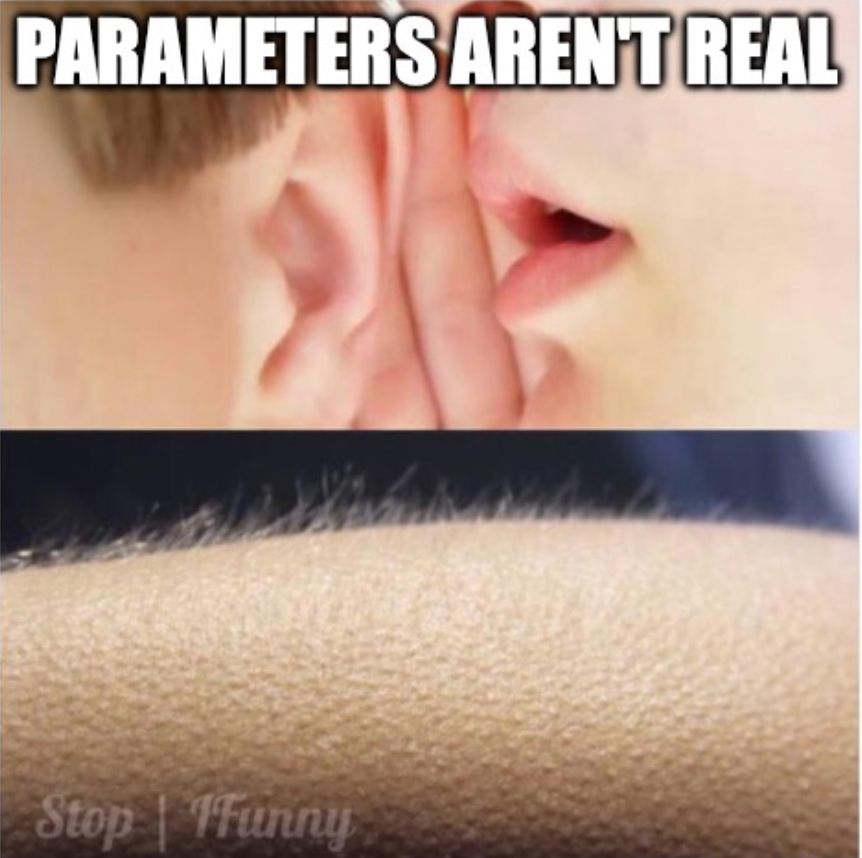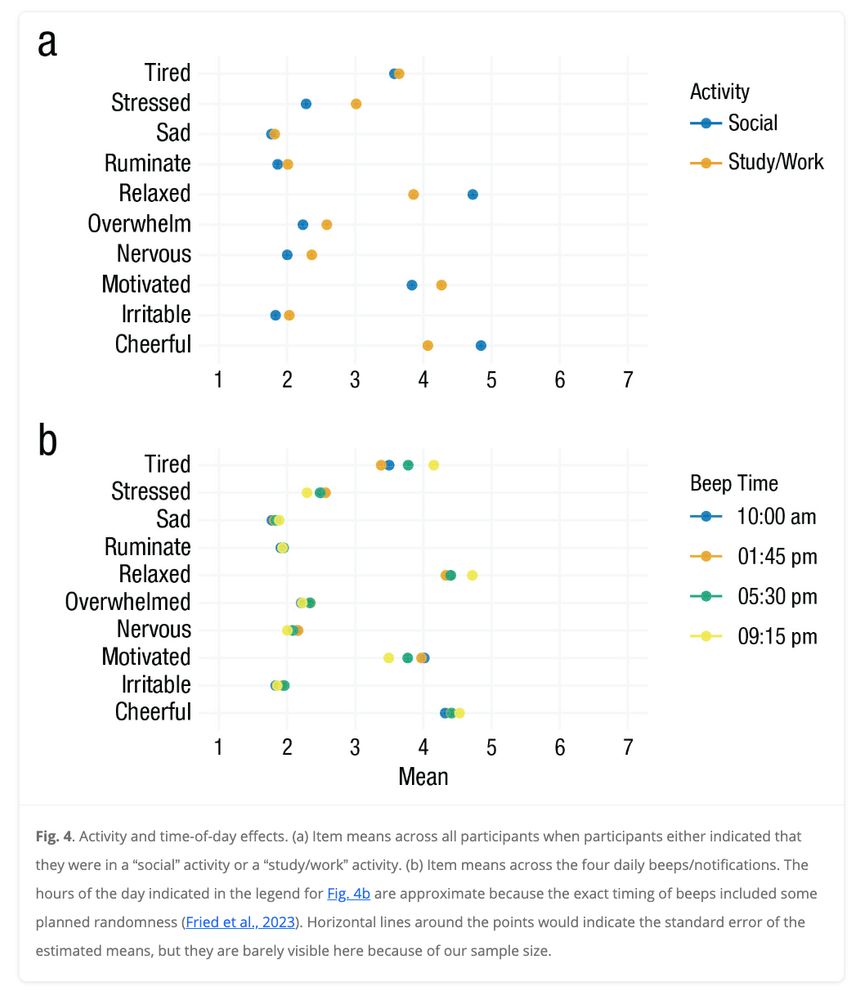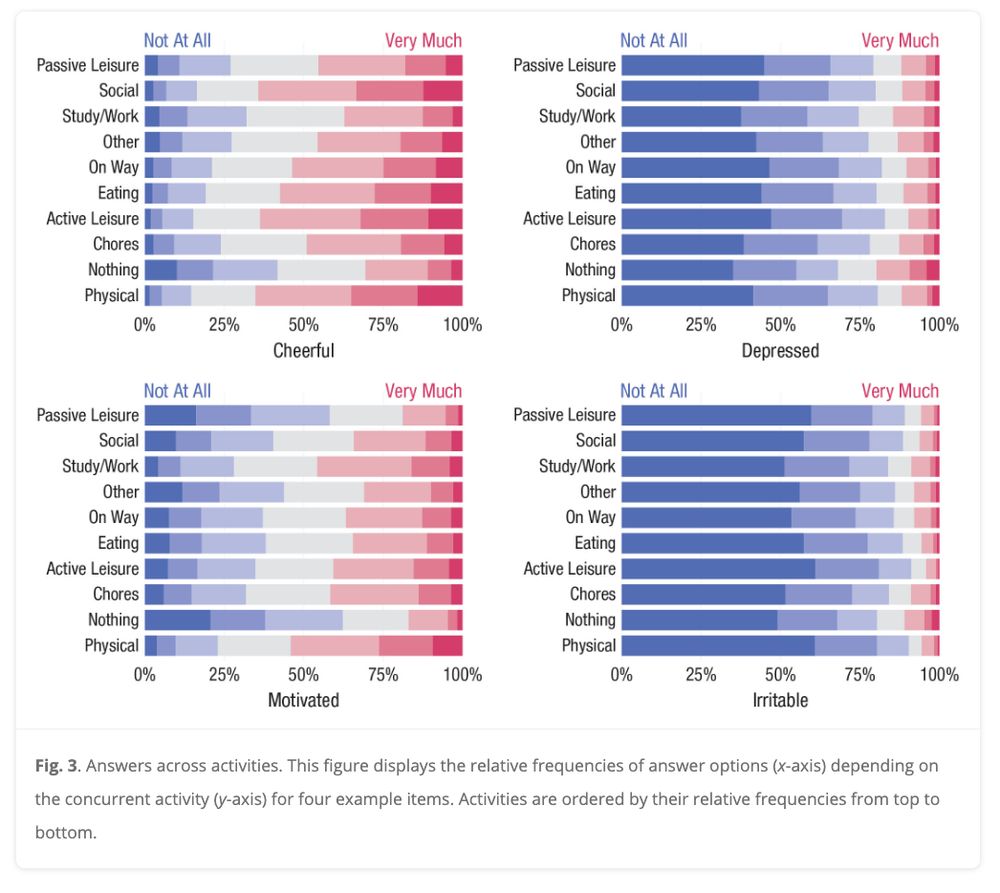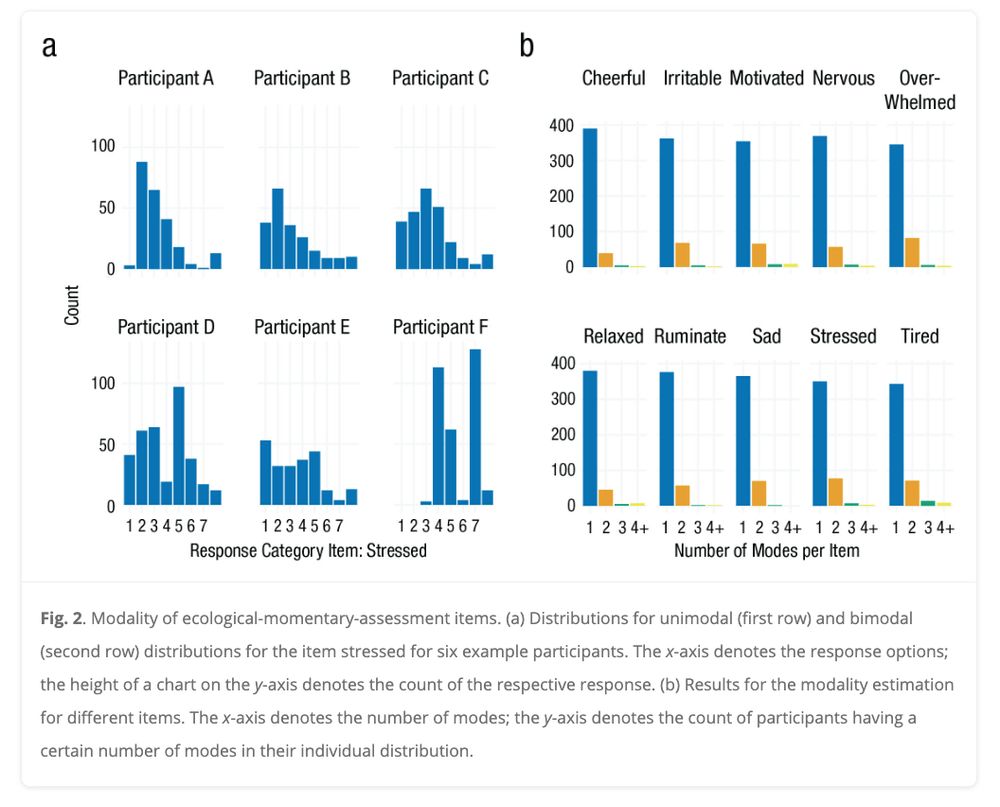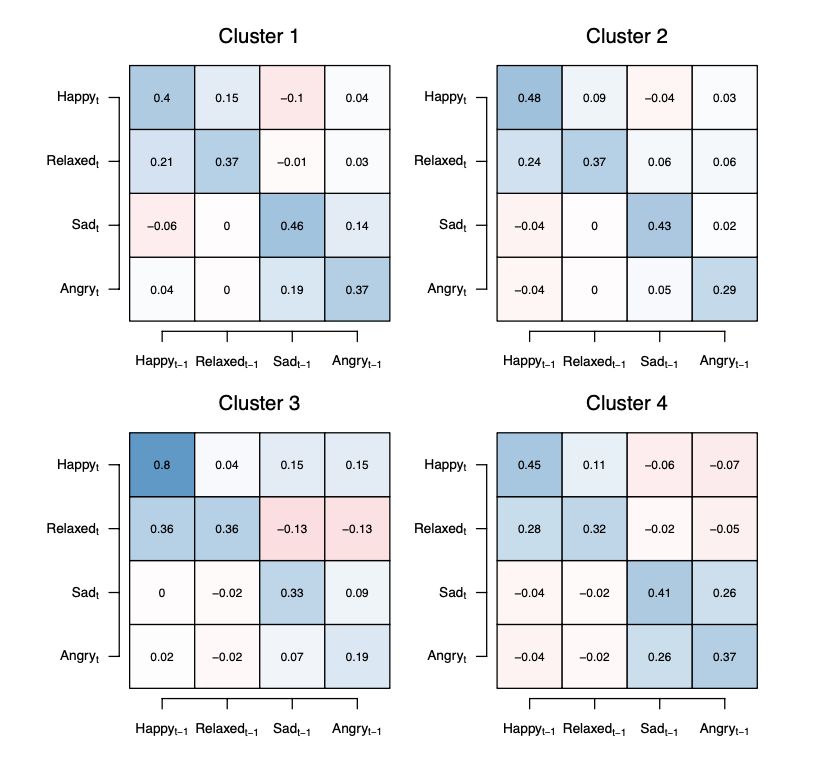Teague Henry
@teaguerhenry.bsky.social
220 followers
420 following
59 posts
Asst Prof @ UVA Psychology and School of Data Science. Networks, neurons, and complex systems models of psychopathology.
Posts
Media
Videos
Starter Packs
Teague Henry
@teaguerhenry.bsky.social
· Apr 30
Reposted by Teague Henry
Teague Henry
@teaguerhenry.bsky.social
· Apr 17
Reposted by Teague Henry
Teague Henry
@teaguerhenry.bsky.social
· Mar 26
Teague Henry
@teaguerhenry.bsky.social
· Mar 25
Reposted by Teague Henry
Reposted by Teague Henry
Reposted by Teague Henry
Reposted by Teague Henry
Reposted by Teague Henry
Teague Henry
@teaguerhenry.bsky.social
· Feb 11
Teague Henry
@teaguerhenry.bsky.social
· Feb 11
Teague Henry
@teaguerhenry.bsky.social
· Feb 11
Teague Henry
@teaguerhenry.bsky.social
· Feb 11
Teague Henry
@teaguerhenry.bsky.social
· Feb 11
Teague Henry
@teaguerhenry.bsky.social
· Feb 11
Teague Henry
@teaguerhenry.bsky.social
· Feb 11
Teague Henry
@teaguerhenry.bsky.social
· Feb 11
Teague Henry
@teaguerhenry.bsky.social
· Feb 11

Ensemble of Large Language Models for Curated Labeling and Rating of Free-text Data
Free-text responses are commonly collected in psychological studies, providing rich qualitative insights that quantitative measures may not capture. Labeling curated topics of research interest in fre...
arxiv.org


